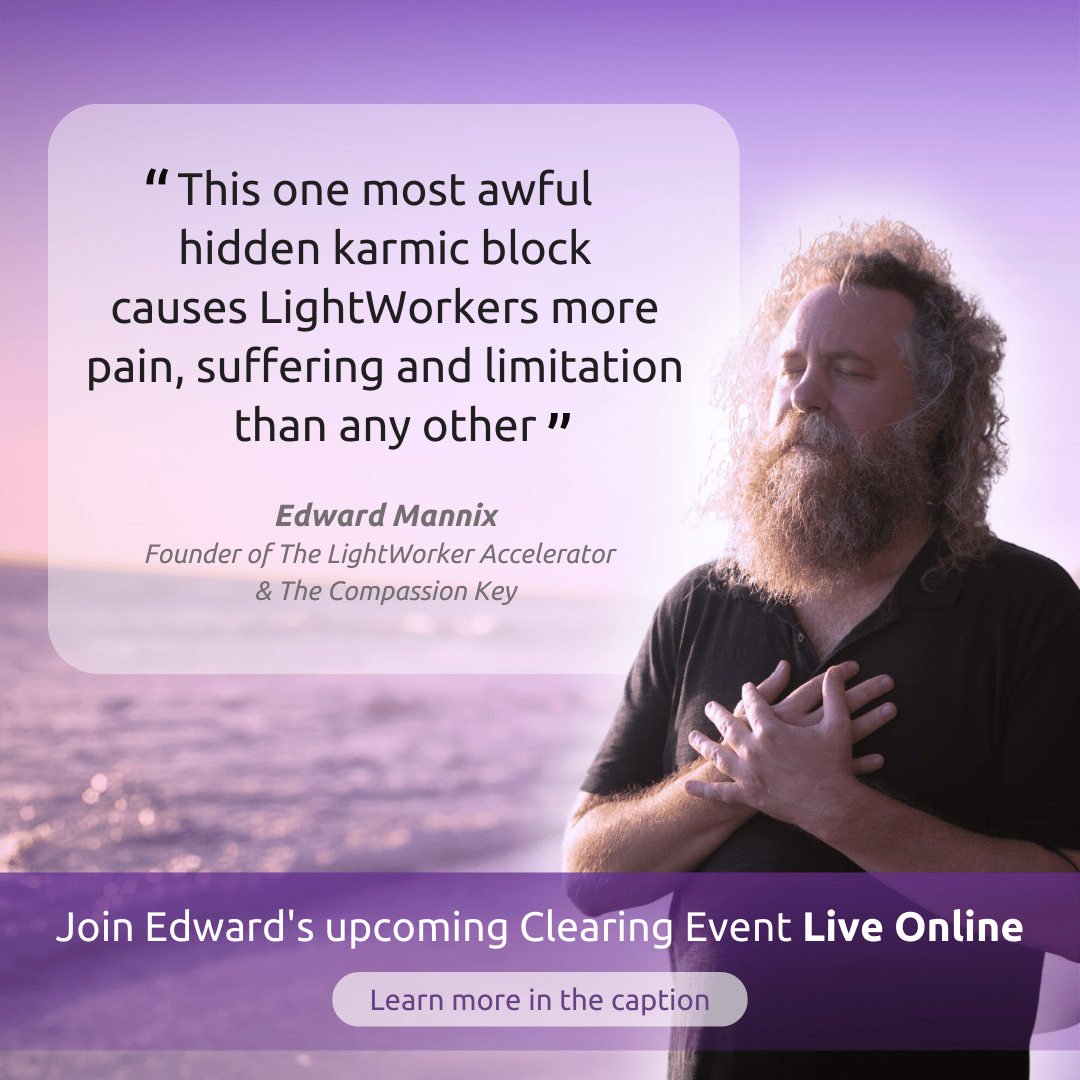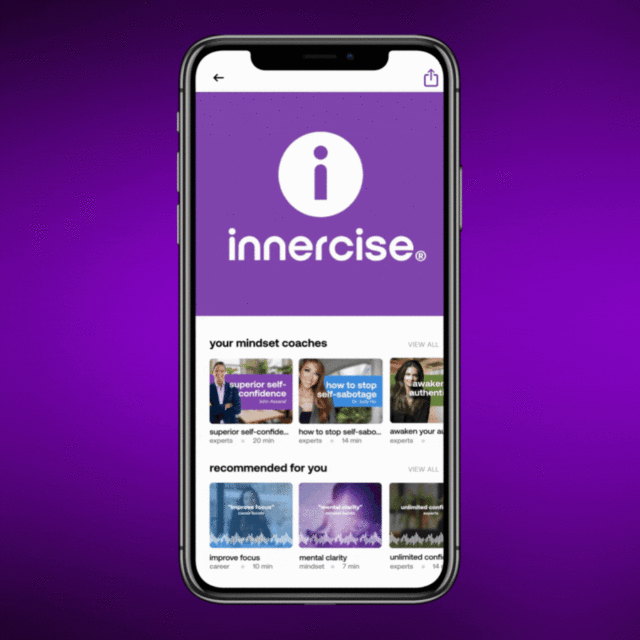3 Reasons We Get “Stuck” In Life – And How To Bounce Back Strong
By Dr. Steve G. Jones
Clinical Hypnotherapist
“When we are stuck in a rut we are being invited to grow and expand.” ― Dana Arcuri
 Alex is the kind of guy that everyone liked. He was always in between jobs and was always broke, but all his family and friends could only say good things about him.
Alex is the kind of guy that everyone liked. He was always in between jobs and was always broke, but all his family and friends could only say good things about him.
His girlfriend, Kate, thinks that he is the sweetest guy in the world. However, she grew more and more exasperated with him over the years.
She loved Alex for his personality, but he always had trouble taking responsibility for his own life. As a result, Kate felt stuck in a situation where she always has to bail Alex out of trouble.
Things came to a head when Alex got into an accident. His car went off-road and into a ditch. But fortunately, he only suffered a few broken ribs and his leg was in a cast for 3 months.
The bad news was that it was actually Kate’s car, and Alex borrowed it so he could have a night out with his friends.
Needless to say, Kate was extremely upset.
But it wasn’t because of the car, but the fact that Alex’s irresponsibility almost got him killed.
She took care of Alex for the next several months, but she had already decided to break up with him by then.
So after Alex recovered from his accident, he had to take a long, good look at himself and the choices that he made.
This was when he realized that something had to change. It dawned on him that he was always going to be where he was if he didn’t do something about it.
How To Break Free From A Less-Than-Ideal Life
Like Alex, many people lose their direction in life and feel trapped.
You might have a fuzzy idea of the person you want to be – or the kind of life that you want…
…but you don’t really know how to make that happen.
This is where feelings of dissatisfaction come from.
But the good news is that you can, in fact, get out of the rut you’re stuck in – even if you feel the complete opposite.
If you feel like you can’t move forward in life, chances are it has something to do with the 3 following reasons:
Reason #1. You Don’t Know What You Want
 Most people don’t realize that they could be so much closer to their ideal future if only they spent real time thinking about what that future actually means.
Most people don’t realize that they could be so much closer to their ideal future if only they spent real time thinking about what that future actually means.
They only have a vague, nebulous idea of the things that they want. Without a clear idea of what to aspire for, those plans and goals will be just as half-baked.
And so, you need to have a well-defined idea of what your “Point B” is – a.k.a. Where you want to be…
…then work your way back to “Point A”, which is where you are now.
That means you have to have a well-defined “Point B” before you can start plotting your course towards that destination.
To help you with that, here are some questions that you can ask yourself:
- What kind of values do I live for? Is it truth, helping others, creating beauty in the world, adding value to other people’s lives, etc.?
- In what way do I express these values in my personal life, and in my work?
- What kind of problems do I want to solve, and how does this honor my values?
- What would a typical day in my ideal future look like? Who am I with, and what kind of problems am I solving, and how do I add value to the world?
It’s very much worth your while sitting down and answering these questions. Be as detailed as you can and describe any emotional details as well.
The clearer you can paint this picture, the better sense of PURPOSE you’ll have in your life!
And this is the perfect antidote to feeling “stuck.”
Reason #2. You Don’t Know How To Get It
 A lot of people tend to just accept their situation and get used to feeling stuck.
A lot of people tend to just accept their situation and get used to feeling stuck.
This is often because they have been so beaten down that they felt like there’s nothing to do but give up.
They become desperate and think that there’s really nothing else for them to do. It’s like they are in an endless tunnel with no light to look forward to.
What they don’t realize is that they lack a solid plan to get out of the rut they’re in. That’s why they never achieve the escape velocity to overcome the gravity of their situation.
Worse, they’re afraid to come up with a plan in the first place. Treading water and staying afloat is a lot less scary than trying to move forward and fail.
But in the long run, “protecting” yourself from failure has far worse consequences than making a plan to get un-stuck.
Here’s a good way to get the ball rolling:
- Get your plan in place: after you’ve spent time figuring out what you want to do (i.e., your Point B), the next step is to translate that desire into an actionable plan. From here you can come up with smaller goals leading up to your Point B.
- Use the SMART approach: any goals you make should be Specific (well-defined), Measurable (it can be measured in some way), Attainable (it’s actually possible to make accomplish those goals), Relevant (it’s connected to your values and sense of purpose) and Time-based (there’s enough time to execute your plans and there’s a definite timeline)
- Create checkpoints: any plan should run on a schedule, and that means setting up goalposts on your way to your Point B. So you can break down that big goal into smaller goals, which can each be represented by a specific checkpoint. That way, you’ll have a sense of progress as you reach each checkpoint.
- Get a planner: the act of writing down your goals on a planner will make your plans feel more tangible and doable. It will also give you a better sense of urgency since you’ll need to schedule your goals on a weekly and monthly basis.
This is a bird’s eye view of the “getting what you want” process, but this is a great way to overcome your inertia and keep moving forward.
Reason #3. You’re Getting In Your Own Way
 Here’s the other thing – you’re going to run into a lot of obstacles when trying to get from Point A to Point B.
Here’s the other thing – you’re going to run into a lot of obstacles when trying to get from Point A to Point B.
But you probably know this already. If you feel stuck in some way, that’s a clear sign you’re having trouble overcoming those obstacles.
And the biggest reason people can’t move forward is that they avoid asking the hard questions.
As uncomfortable as it is to grapple with these questions…
…this is the best way to remove those barriers getting in your way of a better life.
That said, it’s worth asking yourself the following:
- “Which of my habits aren’t serving my true purpose?” – The things that you do repeatedly are either helping you get what you want, or are slowing you down.So, make a list of the habits that honor your ultimate goals and those that don’t. With a little humility and self-awareness, you’ll figure out which habits you need to nurture – and which ones to starve.
- “What thought patterns are making it harder for me to succeed?” – More than daily habits, it’s also worth thinking about the kind of mindset you have when taking on life’s challenges.For instance, do you give up easily when you hit a wall – or do you pivot and try a different approach?Do you handle frustration well, or do you blow every setback out of proportion? Do you waste time complaining, or do you get busy taking action?
Answering these will give you good indicators or whether or not your mindset could use some tweaking.
This particular area is a HUGE sticking point that most people don’t bother to address.
They might know what they want and have a general plan in place. But if their own mindset is working against them, it’s going to be a very tough uphill battle.
How To Bounce Back And Rise Above Life’s Challenges
As for Alex, he wanted to bounce back from his situation. So, went through the process of figuring out what he wanted.
He was actually a great musician and played guitar in a band, but he’d let that part of his life slide. For the longest time, Alex wanted to get back into it by teaching young kids to play music.
But he’d always find some way to talk himself out of it. He convinced himself it was too hard and it was safer to just work the odd part-time job here and there to pay the rent.
Finally, he realized he needed a major mindset upgrade. It was the only way he could actually push through with his plans.
So as he put in the work to make his plans happen, Alex also tried something else.
He started looking inward and removed the unhealthy beliefs and negative thought patterns that were holding him back. When he figured out how to reprogram his mindset, everything began to fall into place for Alex.
And it was easier than he expected. Soon enough, he managed to get out of his rut and reinvent himself.
About Dr. Steve G. Jones (Credit his website.)
 Dr. Steve G. Jones is a licensed Clinical Hypnotherapist and self-made multimillionaire who developed the Dream Life Mastery Program to help other people reach their goals and make incredible breakthroughs in their own lives
Dr. Steve G. Jones is a licensed Clinical Hypnotherapist and self-made multimillionaire who developed the Dream Life Mastery Program to help other people reach their goals and make incredible breakthroughs in their own lives
But before Steve learned the secrets to building an abundant life and creating amazing wealth, he had his share of struggles.
He lost his mother at an early age and grew up with his father who battled alcohol abuse. Later on in his life, Steve experienced a lot of career detours and failed business ventures.
He soon found himself $80,000 in credit card debt, and financial institutions and collection agencies were beating down on his door.
Steve held on as long as he could. After getting evicted from his own place, he lived out of his office which he also about to lose.
But he soon reached a turning point where he discovered a way to reprogram his mind to attract everything he needed, as well as create systems in place to put his life back on track.
Using a combination of Neuro-Linguistic Programming (NLP) techniques and a specific framework for happiness and success, Steve developed the Dream Life Mastery program for getting the results he wanted.
Today, he manages 22 training certification programs in hypnosis and Neuro-Linguistic Programming (NLP). At one time, Steve had 30,000 students who enrolled for his programs. On top of that, he also serves as a life and business coach for top Hollywood directors, sports stars, and CEOs.
Steve has been practicing clinical Hypnotherapy and NLP since the 1980s, and is the President of the American Alliance of Hypnotists and the American Union of NLP. He is also a member of the American Board of Hypnotherapy, the National Guild of Hypnotists, and an associate member of the American Psychological Association.
Steve received my Bachelor’s degree in Psychology from the University of Florida in 1994, and his Master’s degree in Education from Armstrong Atlantic State University in 2007. In 2009, Steve gained his Educational Specialist degree from Georgia Southern University, followed by his Doctorate in Education (Ed.D.) also from GSU in 2013.
Several products by Dr. Steve G. Jones are available on this website. You can learn more about them here: Dream Life Mastery










